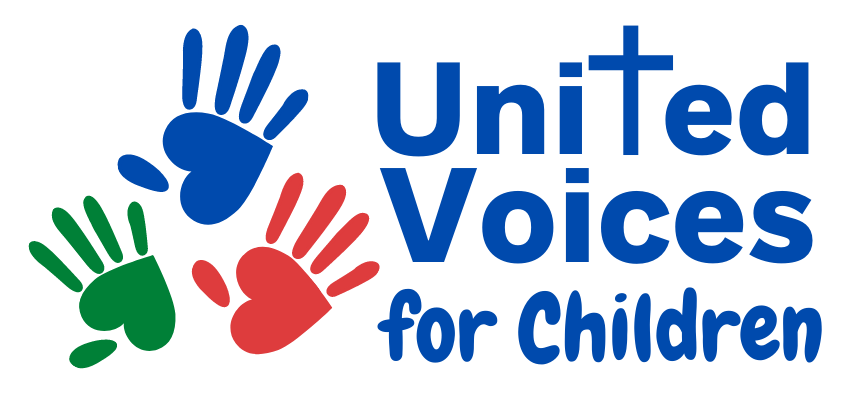The COVID-19 pandemic has had a significant impact on the operational guidelines used by the US Census Bureau. Changes in the counting process to protect the health and safety of the American public and Census Bureau employees, implement guidance from federal, state, and local authorities regarding COVID-19 and ensure a complete and accurate count of all communities have a tremendous negative impact on already under represented and underserved groups. However, as conveners of communities and translators of culture, through intentional education and mobilization faith communities can make a significant positive difference in Census return rates.
The U.S. Census Bureau conducts a count of all the people living in the country. Mandated by the U.S. Constitution, the information is used for not only determining political representation but for determining how the federal government distributes money to states for health care, education, nutrition, and many other areas. Local governments use census data for determining housing and transportation needs. Businesses use census data to determine where to locate grocery stores, restaurants, pharmacies, and other retail establishments. It is important that the Census counts every Illinois resident.
The US Census brings resources to kids and families in your neighborhood. Let us make sure all communities get a full count and their fair share. See now your community is responding. An interactive census map of Northern Illinois Conference congregations and the return rate in their census tract is available at https://bit.ly/3fH3HXs.
The 2010 Census missed nearly 36,000 Illinois children under the age of five or just over 4% of children in that age range. Nationally, children under the age of five, are one of the most undercounted groups. By one estimate, the 2010 Census failed to account for one million children under the age of five nationally or 4.6% of children in this age group.1 Nearly one in five Illinois children (or 152,000 children) live in hard-to-count census tracts. When the Census misses those children, it impacts the federal funding for programs serving those children. 2
UVC has strengthened its position to be a catalyst for generating support for child serving agencies and conduit for information to equip congregations, by entering a strategic collaboration with Voices for Illinois Children. This collaboration leverages the years of research-based advocacy and outcome oriented programming of Voices for Illinois Children with the network of faith-based communities United Voices serves to increase the reach and amplify the voices of both organizations to advocate for children and families.
In the upcoming months, UVC Policy Coordinator, Rev. Beverly Dukes will be reaching out to Northern Illinois Conference congregations to share how, faith communities can impact US Census outcomes in a positive way. The immediacy of the COVID-19 pandemic crisis has taken attention from the 2020 US Census, however the census is the “long game” to address the root causes of issues in communities hardest hit by the virus.
On Tuesday, June 9th at Raising Our Voices, hear more about the collaboration between Voices for Illinois Children and UVC including how your congregation can impact the 2020 US Census. Register for this on-line virtual celebration using this link https://us02web.zoom.us/webinar/register/WN_JKwC0S8mT0e6lhcIP5Dq4w
The Reverend Robert Biekman, Board President, United Voices for Children.
__________________________________________
Footnotes:
1 King H., Ihrke, D., and Jensen, E. (2018). “Subnational Estimates of Net Coverage Error for the Population Aged 0 to 4 in the 2010 Census.” U.S.
Census Bureau, Paper presented at the Population Association of America annual Conference, Denver, CO. April 2018.
2 The Annie E. Casey Foundation, 2018 KIDS COUNT Data Book.
